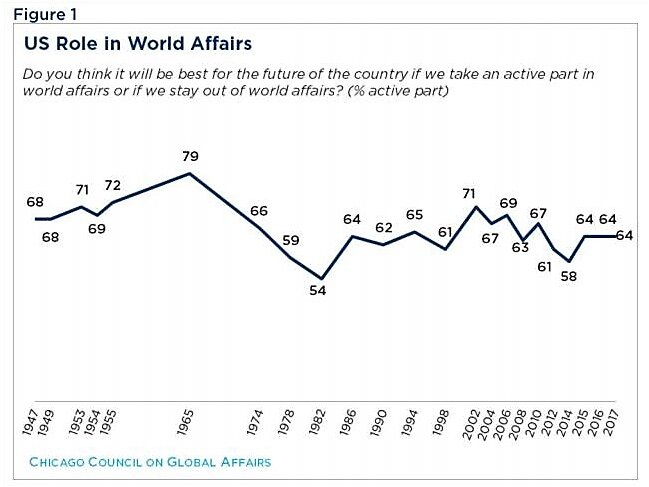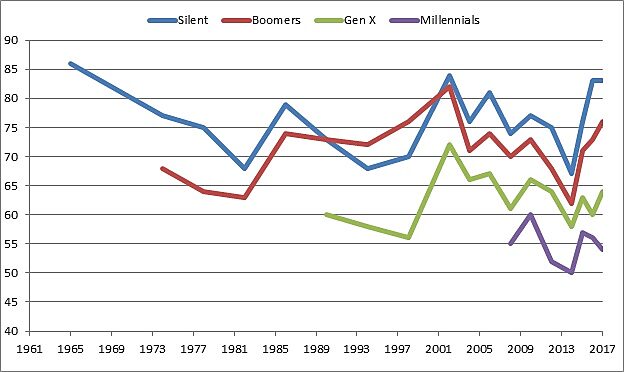Several media reports citing the U.S. intelligence community and arms control experts indicate that North Korea has upgraded its infrastructure for building nuclear weapons and ballistic missiles in recent months. The revelations counteract Trump’s optimistic tweet that “There is no longer a Nuclear Threat [sic] from North Korea” following his summit with Kim Jong Un last month.
The United States should not be surprised by these developments. The Trump-Kim summit was not the culmination of a long, arduous diplomatic process as most summits are, but a high-profile meeting that had far more symbolic value than nitty-gritty arms control substance. This was the expected outcome given the short period of time to prepare for the summit and the fact that it almost fell apart just a few weeks before it happened. Additionally, Kim made no pledge to halt construction of ballistic missiles, fissile material, or related infrastructure, and it isn’t surprising that he would want to keep expanding these capabilities until it is necessary to give them up.
Concessions made by Washington and Pyongyang have built some trust and momentum for diplomacy, but this is not sufficient to achieve denuclearization. Looking ahead, U.S. negotiators should take these recent revelations seriously and press Pyongyang to reveal more information about its nuclear and missile infrastructure. The United States should also demand that North Korea allow inspectors to keep tabs on nuclear and missile facilities and verify North Korean compliance with promises to dismantle facilities as negotiations progress. Creating a robust inspection and verification regime is a necessary step to ensure that North Korea is living up to its rhetoric and taking steps toward denuclearization.
The recent revelations should also be a sobering reminder for the Trump administration that it has a long road ahead. Denuclearization is possible, but getting there will require years of careful diplomacy that fundamentally transforms the nature of U.S.-North Korea relations. The administration should disabuse itself of the notion that denuclearization will be achieved quickly and easily. The history of U.S.-North Korea relations is replete with diplomatic initiatives that failed and dashed the optimism that accompanied their announcements. Trump and his senior officials should not get ahead of themselves in declaring victory when so much work needs to be done.
While the recent revelations should curb the Trump administration’s enthusiasm, it would be unwise to conclude that diplomatic engagement with North Korea is doomed to fail. There is still value to talking with the North even if they are hiding nuclear enrichment activities and building ballistic missiles. The United States should keep up its nuclear intelligence efforts as it negotiates with Pyongyang to put together a complete picture of the North’s nuclear enterprise and verify if the North is complying with the agreements it makes. Good intelligence is an essential part of effective diplomacy and should be conducted in concert with negotiations.
The Trump administration should take Pyongyang’s efforts to conceal nuclear activity and expand its missile production capacity seriously. The Singapore summit was the start of a long process and problems like this are to be expected, especially in the early stages of talks. The Trump administration needs to set realistic goals and expectations, maintain a watchful eye over Kim’s nuclear facilities, and push for a rigorous inspection regime at the negotiating table. The photo ops are over. Time for the real work to begin.

